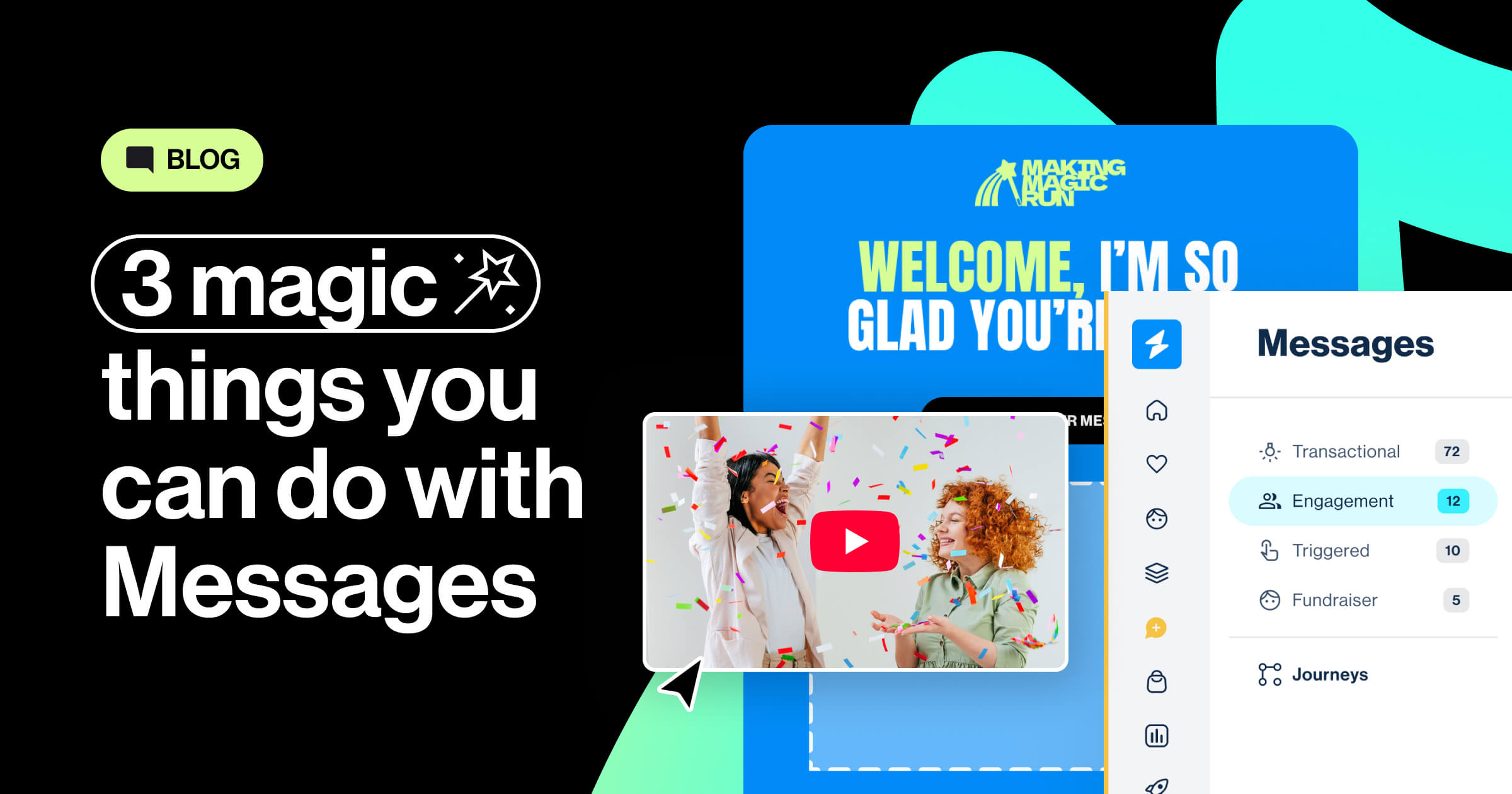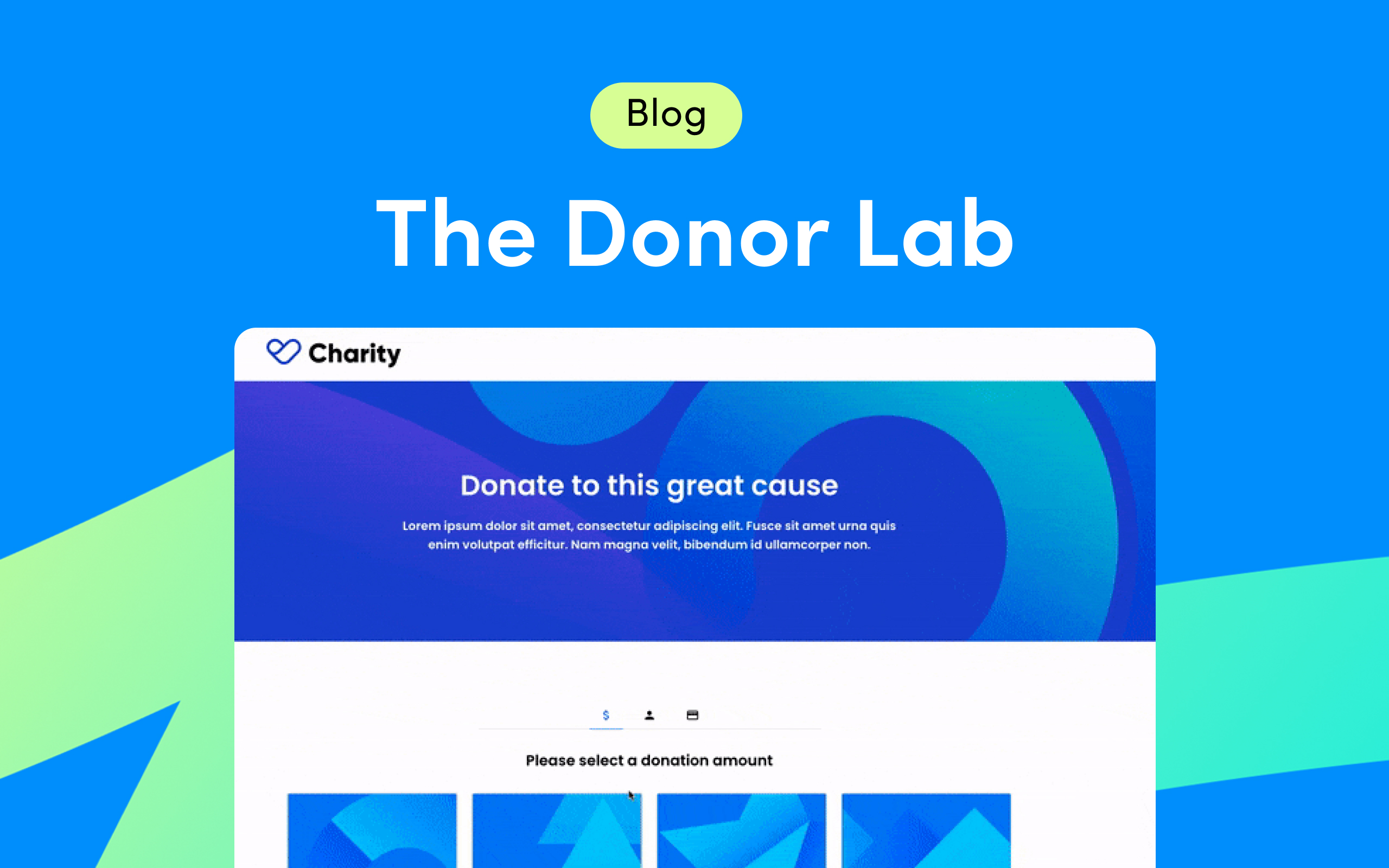Note
As this article says, these are changeable times. The time of writing is July 2021 amidst the varying vaccination rollouts, herd immunities and changing lockdown/social distancing taking place across the globe.
When the pandemic first hit, many of the headlines were about major sports event cancellations. While it feels like an age ago, there are now rumblings around the world of some form of normality returning to the global sports scene. The Tokyo 2020 Olympics are happening. How exciting is that?! Sure,they are a year late, and mostly without spectators, but that is still a major step in the right direction - albeit a step featuring consumer protests and resistance. With journalists flying in around the world, the olympics are rebuilding consumer and community confidence. On the other hand, and despite early excitement in 2021, Australia has recently gone back into lockdown - frustrating athletes hoping to jump back into events. The USA is a very mixed picture, many events have seen cancellations and postponements, but they were never totally restricted the way they were in other countries.
For instance, the UK has recently begun the easing of social restrictions including mass participation events, but is also seeing high number of COVID cases and new variant risks. As such many countries are watching to see: are vaccinations the key to returned events? We certainly can’t answer that, but it does reinforce the need for contingency plans, and more digitally capable events and fundraising campaigns that can be always on, or switched to virtual quickly and efficiently.
Its been said that COVID is not going away, we will need to learn to live with it. World leaders and researchers will work towards the longer term solutions to the virus from lessons learnt, by using data and adapting with these challenges (as the virus does). Our leaders will always ensure we have some top up protection, we must do the same; what can we do to reduce any disruption that cancellations may cause in the future, and how can we avoid participants and fundraisers getting disappointed again?

The Bonus Layer
We’ve all learnt more than ever that digital experiences provide that bonus layer to the in-person event experience. These can be anything from great supporter activities with prizes, behavioral incentives, highly personalized recognition themes, to larger projects like bespoke action based apps and augmented reality face filters. The best thing about them, is that if a live event in the future is at risk, they can be pretty easily overlayed or switched around so your supporters can keep active, connected and raising the funds needed to support crucial causes and missions.

Behaviour Drivers
COVID made QR Codes exciting and part everyone's daily behaviour. We have seen a surge in QR codes within virtual campaigns and festivals that can provide the ability for a user to scan something that triggers content and a desired action. A series of QR codes can drive an entire event experience to explore new districts, communities and worlds.

Engagement Strategy
We have all likely been bombarded with badges and rewards, but push back on the suggestion that they are “a given” or “typical”! The constant feedback from supporters is they love rewards, progress and achievements. Supporters clearly want to still be on a journey with you. So the value of focusing on engagement through driving the motivation to unlock a mix of badges, collectables, rewards and progress bars are still vital, they just need to evolve in relevancy to your supporters and digital quality. The opportunity really comes alive if your badges are personalised, targeted to your particular audience, and able to connect behavioural actions of your supporter to campaign wants.It doesn’t replace the in-person experience, but it does allow flexibility...especially when you use that segmentation data in your emergency comms.








